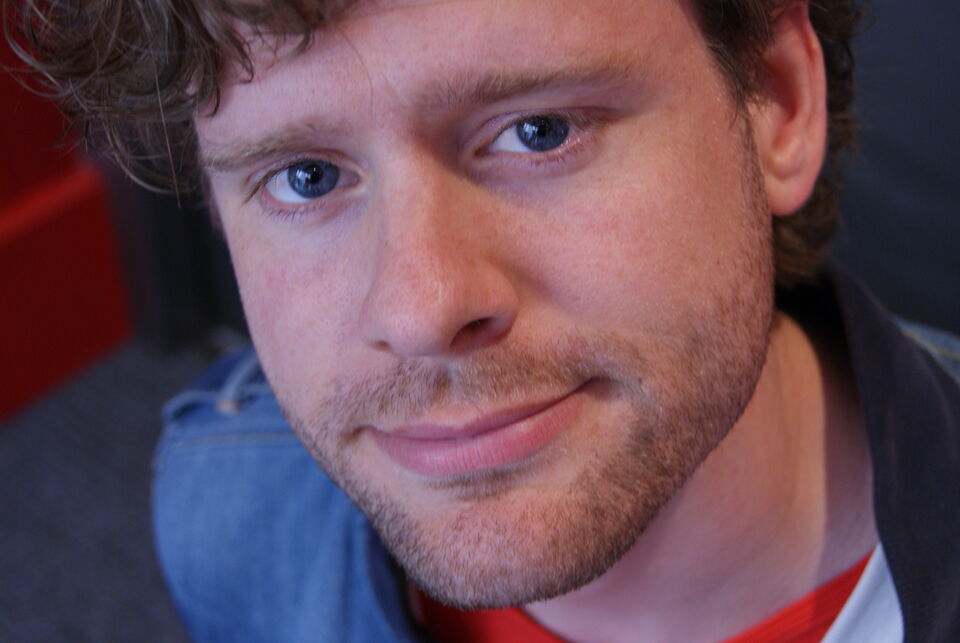Brain Matters | Insecurity
I can vividly remember my first day at university. I had been looking forward to it, but was also a bit insecure about what to expect. When I was walking among all my new fellow students, I experienced this insecurity as slightly annoying. Now I know a little insecurity can’t hurt.
People tend to reduce insecurity by being together, and it thus works as a practical catalyst in forming social groups. While I had the feeling I was sheepishly waiting outside of the classroom with my new fellow students, I was actually in the middle of an efficient psychological process to meet new people quickly.
Many student association gratefully use these processes. They increase first-year students' insecurity by yelling nasty things at them, while at the same time they clearly present themselves as a group by all wearing the same T-shirt. Still, even without adding any extra insecurity, the social ties that are created during the first weeks of university can be strong. I still keep in touch with people who happened to sit next to me when I was feeling insecure those first few days.
Unfortunately, insecurity can also have negative consequences. If you're insecure, you’re more likely to do what others tell you. In a well-known experiment, Milgram showed what happened when a professor ordered a group of subjects to give potentially lethal electric shocks to another group: most did as they were told.
The people giving the shocks were especially insecure about the norms and values that applied in the situation they found themselves in. So make sure you know what you stand for, but don’t worry too much about being insecure. This way, you might find some close friends among your fellow students, so at times, you can collectively not do what your professor asks you to.


Discussion